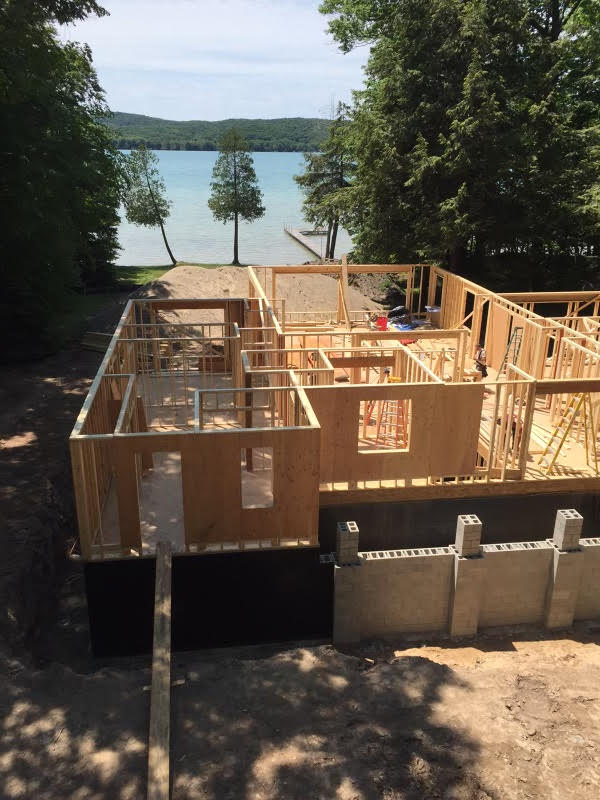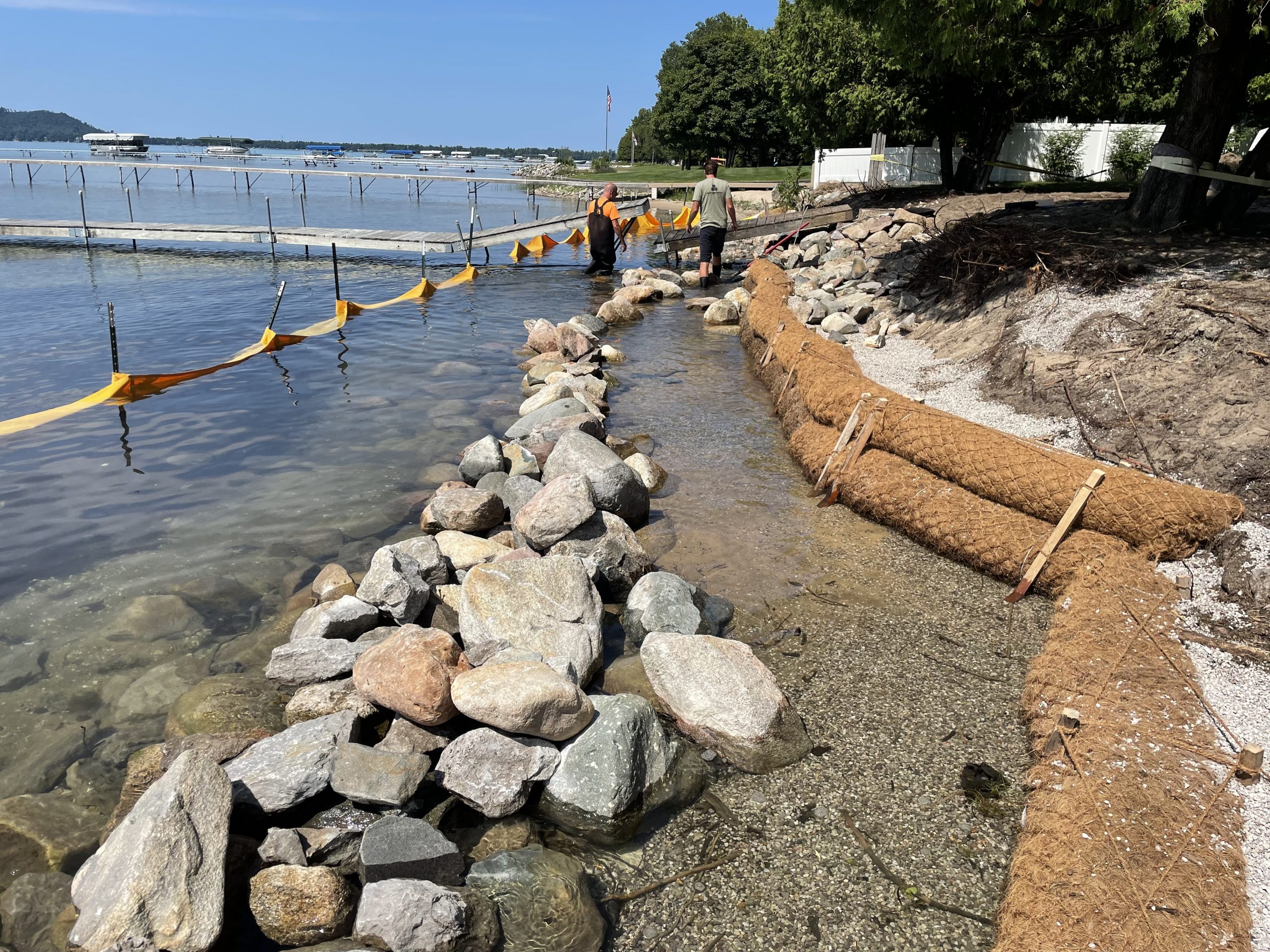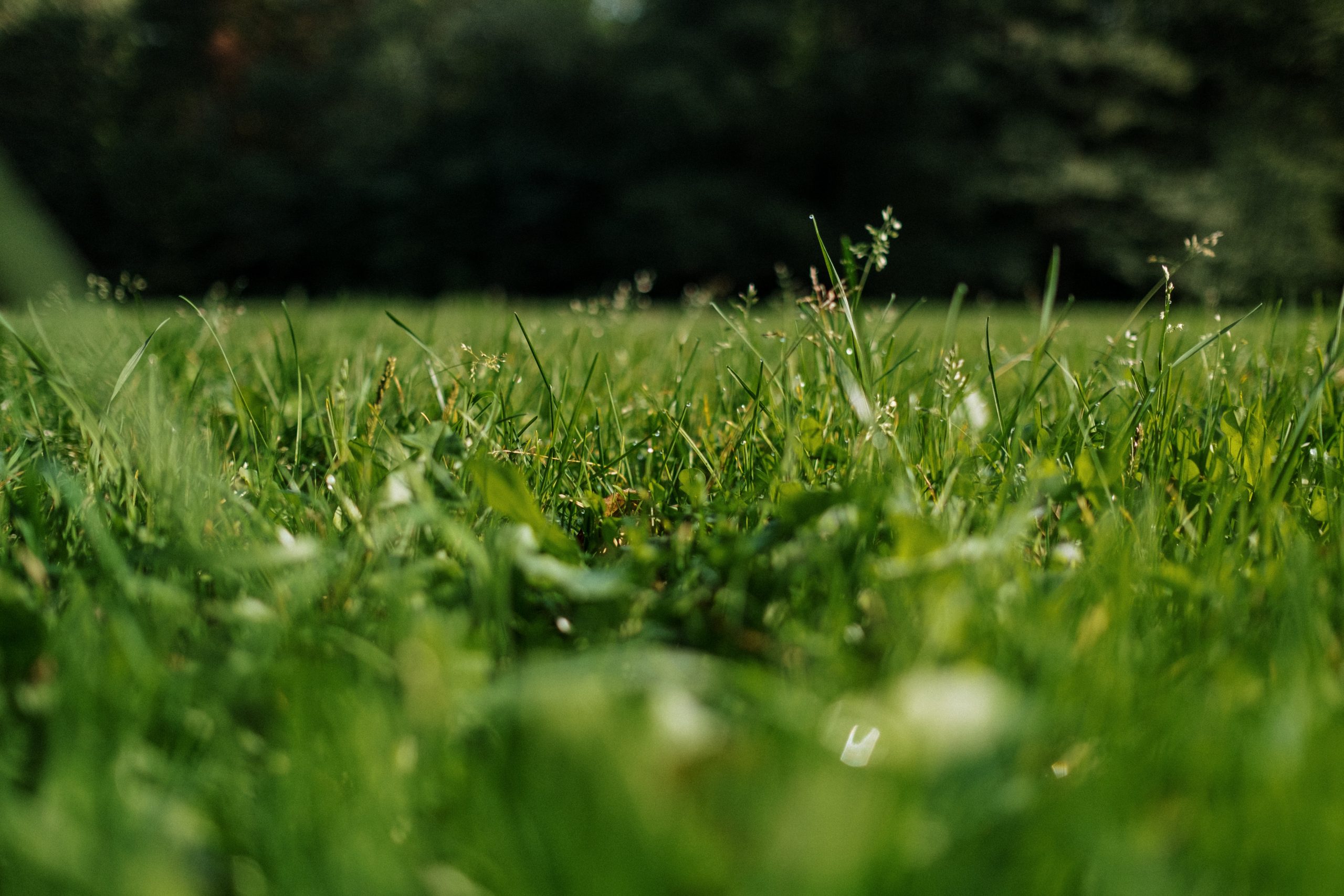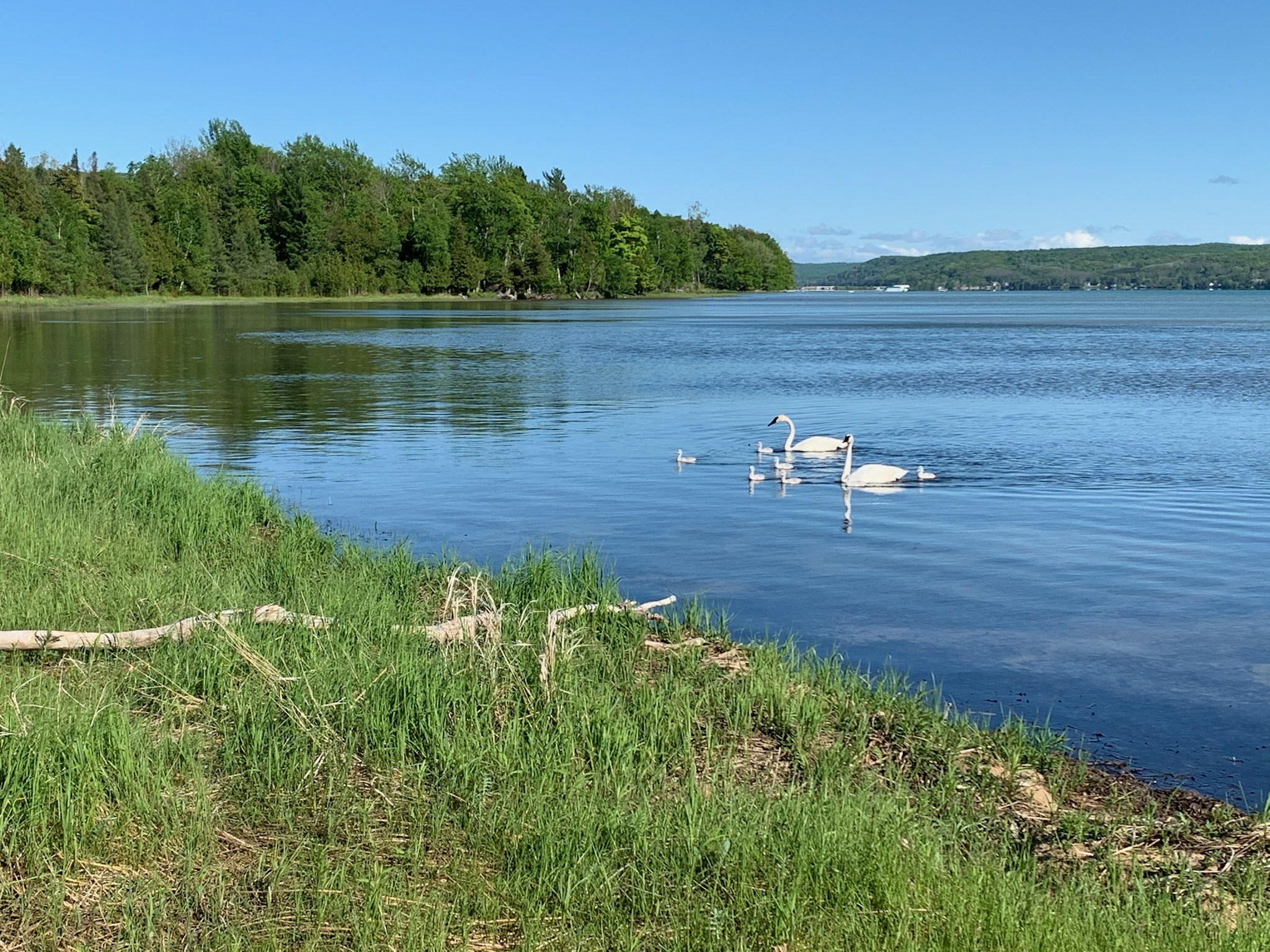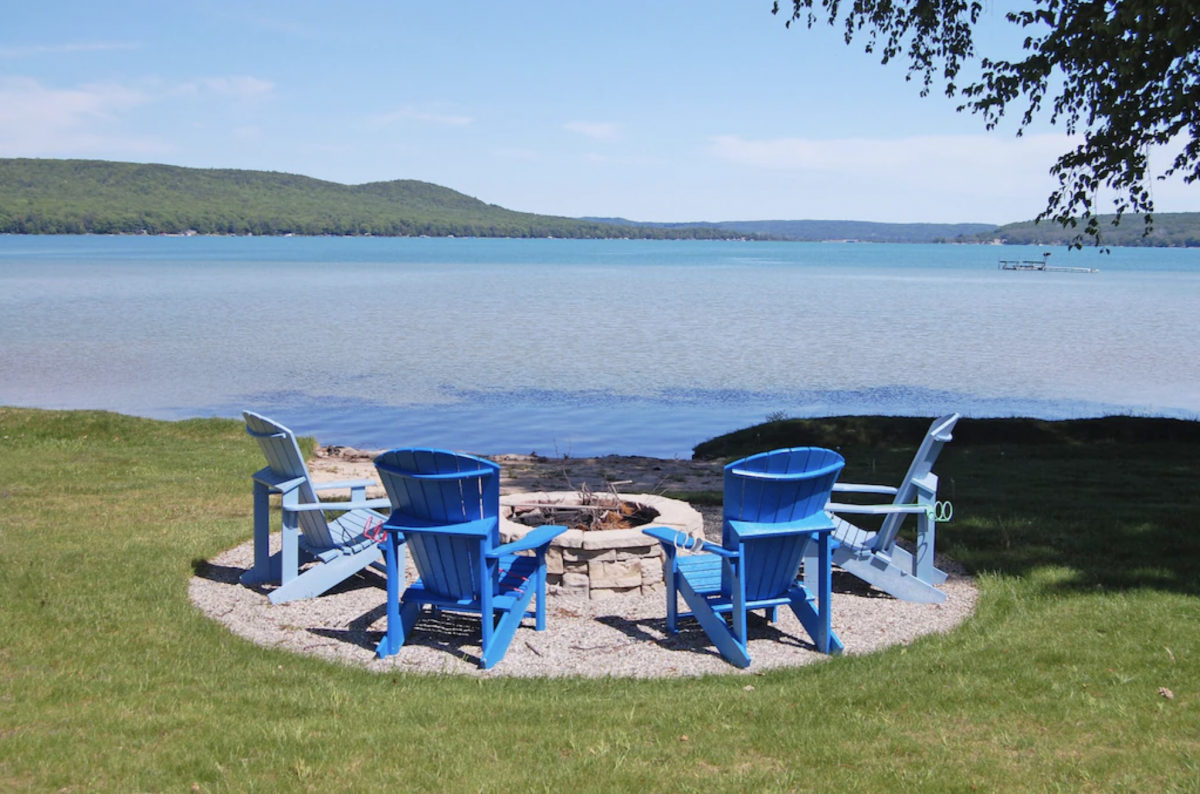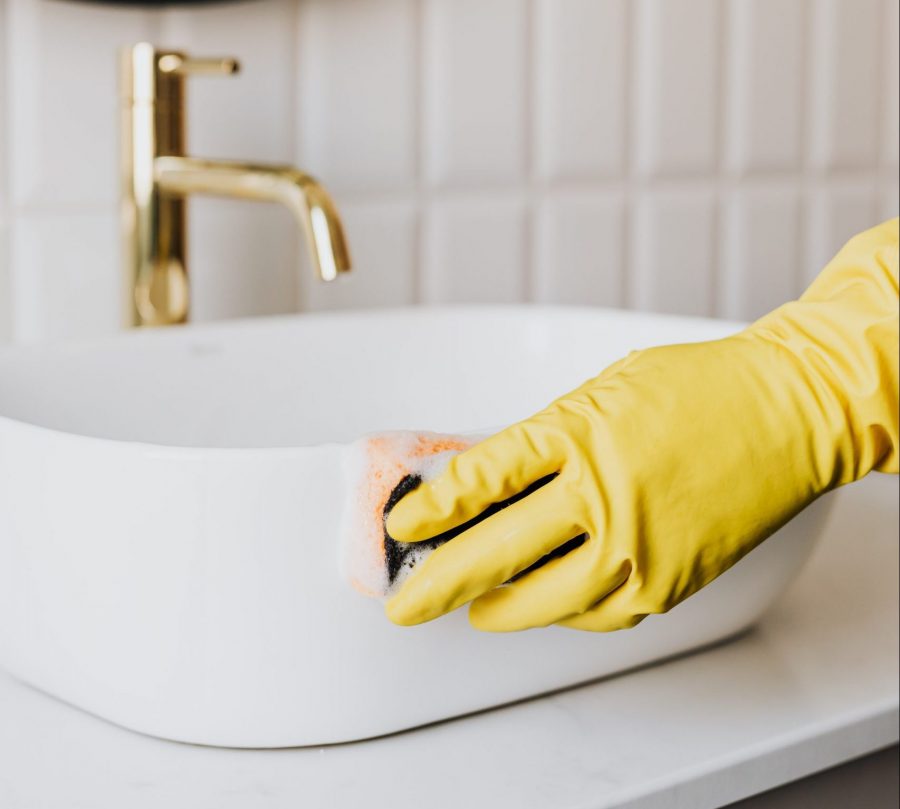Working on the Water
The Glen Lake Association is your resource for watershed protection
Individuals and businesses working on or near the water play an important role in watershed protection. If you are a construction company, landscaper, property management company, or other service provider working in the Glen Lake/Crystal River Watershed, you can make a difference! Follow our recommended best practices and make a positive impact on water quality. The Glen Lake Association is available to answer your questions and assist you in learning more about keeping the lakes and river clean and healthy.
Property Management Companies
Protect water quality while you protect and manage your properties!
Property managers are the “front line” workers within the watershed and can have a huge impact on water quality. How can you make a difference? Explore the topics below to learn about best practices. Help educate your clients and their renters as well by asking them to place our best practices brochures and magnets inside their property. Contact us to obtain free copies!
BEST PRACTICES FOR PROPERTY MANAGEMENT COMPANIES
General Contractors
General contractors play a role in water protection too. You can have a positive impact by using best management practices to protect the water from hazardous chemicals, stormwater runoff, and other harmful materials and activities.
BEST PRACTICES FOR general CONTRACTORS
- Direct Runoff From Roofs, Gutters, and Paved Surfaces Away From the Lake—When it’s channeled towards vegetated areas, sediment can properly filter through plants or soak into the ground before reaching the lake.
- Properly Dispose of Oil, Gasoline, Antifreeze, Paint, and Other Hazardous Chemicals—Did you know that one gallon of waste motor oil poured into the soil can contaminate thousands of gallons of groundwater, destroy water wells, and take hundreds of years to work its way out of the system? Learn more about best practices for Waste Disposal within the watershed.
- Recycle Paper, Cardboard, Glass, Plastic, and Metal—Recycling alleviates waste that builds up within the watershed and can negatively impact groundwater quality.
- Encourage Clients to Choose Green Space With Good Drainage Over Impervious Surfaces—Learn more about best practices for Hardscaping and Impervious Surfaces within the watershed.
Landscapers
Landscape design and materials matter when it comes to watershed protection. These factors can determine whether or not algae and aquatic plant growth will overtake nearby lakes and rivers. Let nature do the work by following the recommendation best practices below!
BEST PRACTICES FOR LANDSCAPERS
- Choose Native Northern Michigan Plants and Grass—These require less fertilizer, pesticides, and watering.
- Preserve Natural Cover and Forest Stands—This will slow stormwater run-off, resist erosion, and hold soil intact.
- Choose Porous Materials for Patios and Decks—This will allow rainwater to permeate the ground, rather than run-off into the lakes and river.
- Ensure Paved Areas Divert Run-Off into Grass or Vegetation-Covered Land
- Design Irrigation Systems Which Utilize Lake Water—Lake water contains nitrogen and phosphates which will naturally fertilize plants and turf.
best practices for Shorelines & Stream banks
- Choose a Sand-Free Beach—Sand acts as a racetrack for excess nutrients which can lead to murky water. It also attracts snails and waterfowl which cause swimmer’s itch.
- Preserve Green Buffers Around Wetlands, Rivers, Creeks, and Lakeshore—Buffers help filter and absorb excess nutrients before they can enter the water.
- Avoid Seawalls—Seawalls cause the water quality of lakes to deteriorate. Instead, utilize plant material to stabilize problematic shorelines.
Want to “dig” a little deeper? Follow the links below to learn more!
Lawn care Providers
Lawncare plays an important role in water quality protection. In fact, the actions taken by lawn care companies can cause algae and aquatic plant growth to overtake nearby lakes and rivers! Follow the recommended best practices below to help keep the water healthy.
Did you know? Most soils in Michigan don’t require artificial fertilizers to support healthy grass!
Choosing hardy grass varieties with low nitrogen needs (such as red fescue), cutting the lawn no shorter than three inches, mulching the clippings back into the lawn, and watering with lake or river water will eliminate the need for fertilizer altogether.
best practices for Lawn care
- Avoid Using Fertilizer—Both chemical and organic fertilizers eventually ends up in the lakes and river, causing algae and aquatic plant growth that degrades water quality.
- Irrigate Using Lake Water—Lake water naturally contains nitrogen and phosphates, supplying far more nutrients to lawn and plants than well water.
- Consider Natural Alternatives for Pest and Weed Control
- Don’t Burn Yard Waste—It may seem safer to burn leaves and brush at the lakeshore, but the ashes and smoke particles concentrate nutrients into soluble forms that negatively impact water quality.
Pest Control Companies
Pest control companies play an important role in water quality protection. When it rains, stormwater runoff can cause pesticides to enter the groundwater or surface water system. By following these simple recommendations, you can help protect the water quality while working on or near the water!
best practices FOR PEST CONTROL
- Keep pesticides away from wells, streams, or any body of water
- Never apply pesticides to bare ground or when rain is in the forecast
- Choose the least toxic chemical for the job
- Utilize non-chemical techniques for pest control by maximizing natural obstacles and minimizing favorable conditions for pests
Cleaning Service Providers
The products and techniques used to clean homes can adversely affect the water quality of nearby lakes and rivers. This is because many homes in the watershed rely on some form of a septic system to dispose of wastewater. Unfortunately, even a working septic system allows wastewater to carry chemicals from common household products into the various bodies of water.
best practices FOR HOME CLEANING
- Use lake-friendly products and avoid any products containing phosphorus
- Properly dispose of hazardous waste
- Avoid putting grease, hair, paper towels, medicines, or chemicals down sinks and toilets
- Practice water conservation when cleaning and doing laundry by running washing machine at lowest effective water level for the size of load
- Use the kitchen garbage disposal sparingly to avoid adding solids to the septic system
- Notify the homeowner immediately if you notice sluggish draining of toilets, sinks, or shower areas, as it can indicate a failing septic system
the glen lake association is at your service
If you wish to learn more about what you can do to protect the water, need recommendations, or have any questions, please contact us!

